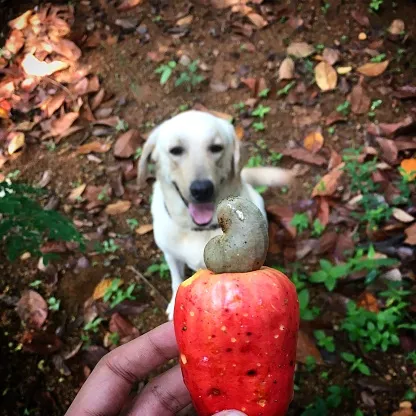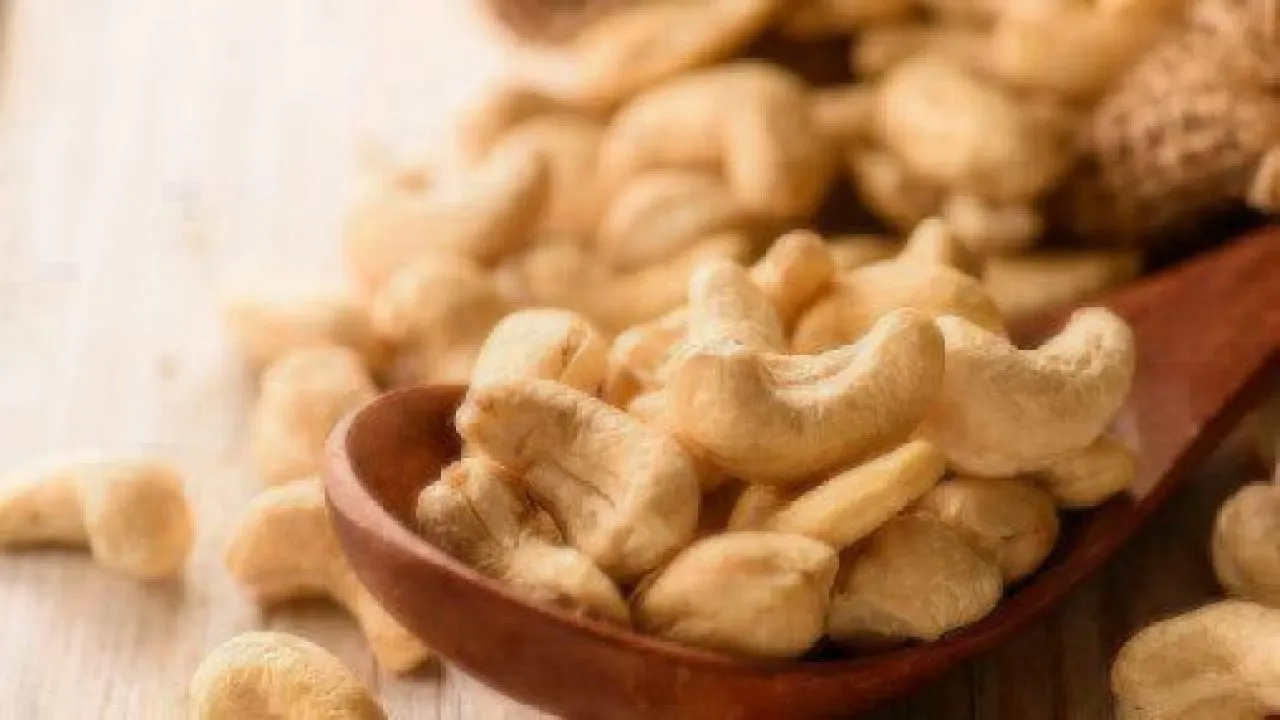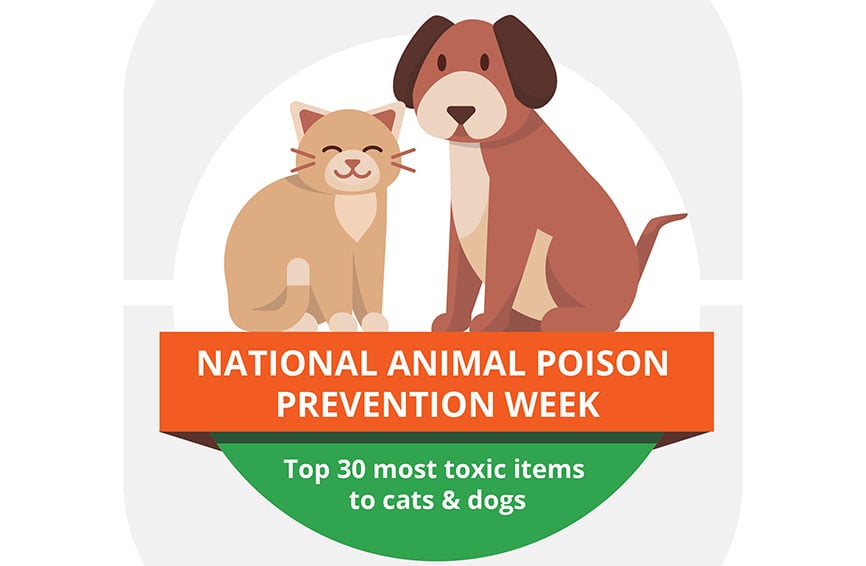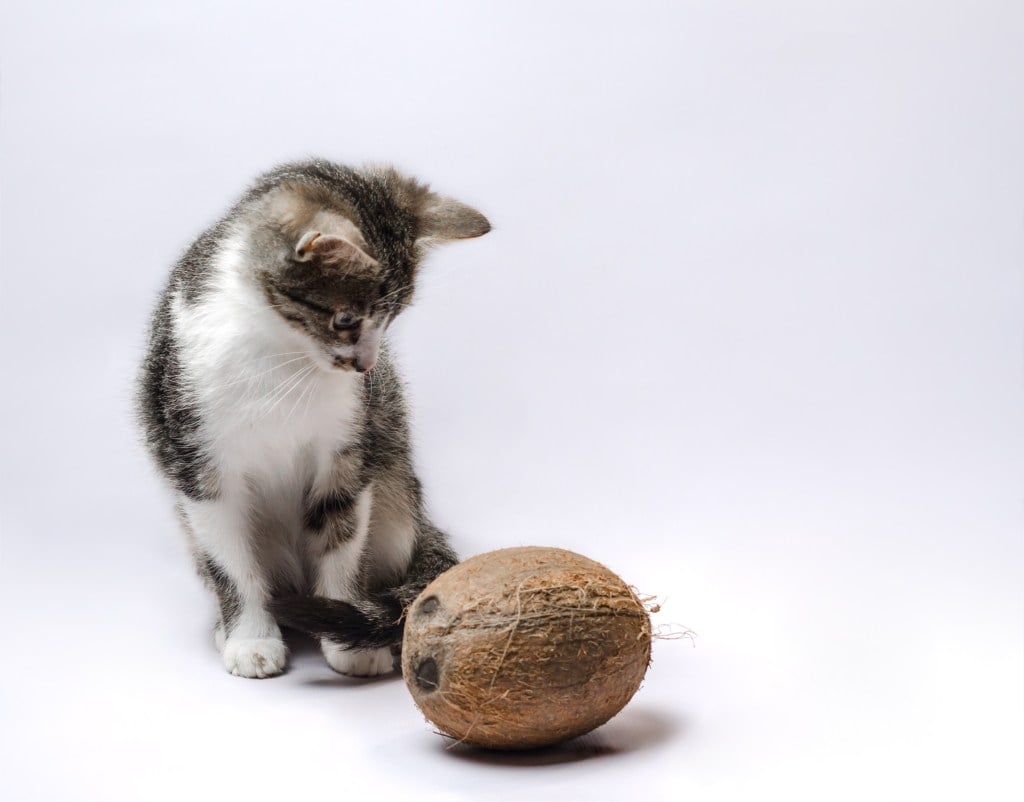Cashews are not necessarily safe for your dog to eat. They are high in fat, so eating many cashews may pose GI issues or even pancreatitis.
We all fall for those little doe eyes when snacking around our pups, but it’s not always smart to toss them a piece of any old thing you’re crunching. At a glance, nuts and legumes may seem like no big deal. The popular tropical nut, Cashews, can seem like a suitable choice, but even then, there are some caveats. Because they are high in fat (and high in protein), they pose potential problems for dogs, especially if they eat cashews in large numbers. High-fat diets can lead to pancreatitis, a potentially life-threatening condition that requires the immediate attention of a veterinarian.

Hazards
Many pet owners know about raisins and chocolate, but had no idea that even fat itself in foods can be a health hazard. Since cashews are high in fat, they can lead to pancreatitis and obesity, conditions that can land your pet in the ER or with chronic conditions like arthritis. That said, a few cashew nuts will not harm a healthy hound. Allergies are actually not that common, but dogs can suffer severe consequences from eating cashews often.
- Salt & Seasoning
Though your pup gobbling up the errant cashew isn’t an outright danger, you should take care to check out the other potential hazards in nuts sold as food for humans. Salt and seasonings can be an issue for dogs, and many nuts come with added things like garlic and onion, which can be very disruptive to a dog’s digestive systems and can have adverse reactions.
- Mixed Nuts & Trail Mix
Trail mix is another potential contraindication. These mixes can have ingredients that you really want avoid giving to a dog like raisins, chocolate, and more harmful nuts like macadamia, or worse, dangerous-to-dog seasonings. Additionally, many cashews can be found in mixed nuts, which can lead to choking or other toxic issues as well.
Always read the label and consult a vet or a trusted source before giving your dog a new snack. Allergies, side effects, and digestive problems are not worth the momentary glee of their crunches. If you stay prepared to address health concerns that arise, you may have a better outcome, but preventing a dog from eating questionable substances is the ideal.
Curious about what is okay and not okay for your dog to eat? Check out our comprehensive guide on what human foods are safe and not safe for dogs.







